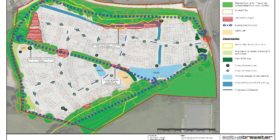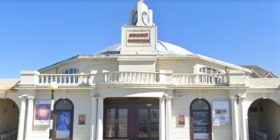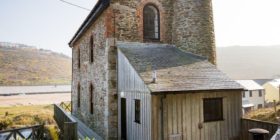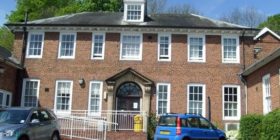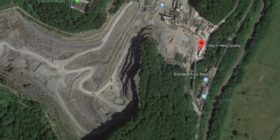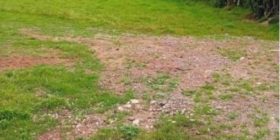Bridgend council faces costly repairs to indoor market due to “disadvantageous” lease
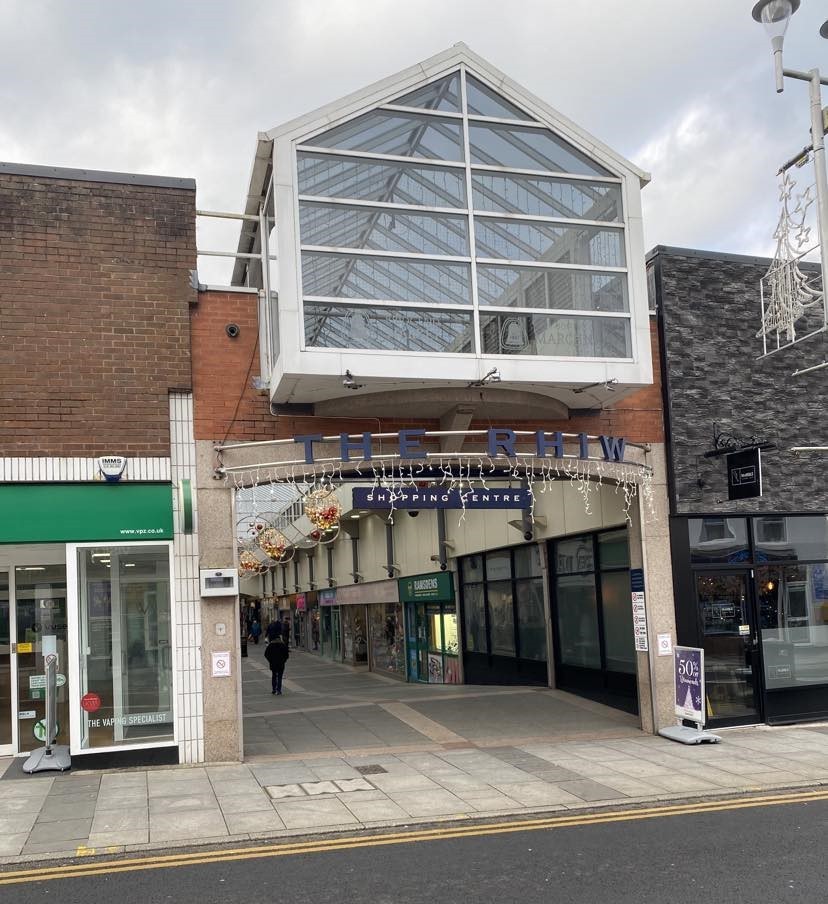
Bridgend Council could be forced to pay for costly repairs to the town’s indoor market due to what is described as a “disadvantageous” lease agreement signed in the 1970s.
The temporary closure of the town centre building came after the discovery of reinforced autoclaved aerated concrete, or RAAC, within the structure’s roof in September of 2023.
It led to the building being closed with immediate effect to protect public safety, after an emergency meeting of cabinet members was called following the discovery, with further assessments now needed before it can re-open.
It also resulted in the relocation of around 17 stall holders at the time, with some moving in to a temporary location just metres away in the Rhiw Shopping Centre, and others deciding to open their own stores in the town while the “complex” situation was resolved.
However, a freedom of information request which was put into the council by Regional Senedd member Altaf Hussain, has shed further light on the complications surrounding the property, as the council now waits for a specialist survey to determine the cost of repairing or replacing the roof.
It revealed that the authority currently had a 99-year lease on the building from the owners of the market, understood to be based in the British Virgin Islands, which leaves the council liable for repairing the RAAC concrete found in the roof, as it is a “full repairing lease”.
This means the tenant, in this case Bridgend County Borough Council, is responsible for all repairs and maintenance that are associated with the property during this time.
The request also showed that the council is currently paying rent of £132,470 a year for the property with no tennants currently able to use it and 47 years left to go on the lease, signed by the former Bridgend Urban District Council back in 1972.
It could mean a major drain on the authoity’s resources over the coming years, as it continues to pay for the lease as well as the costs for the repairs or replacement of the roof. It has even led members of the public and former stall holders from the market to question if the site will ever re-open at all.
Welsh Conservative Dr Hussain said even though the issue was not the fault of the current administration in Bridgend, it had left a “toxic legacy” for the taxpayers who could now be forced to foot the bill.
He said: “You have to wonder why the old Bridgend UDC would have signed a lease for almost a hundred years at such disadvantageous terms, making the council taxpayers liable for all repairs and maintenance while paying a steep rent which is regularly reviewed. The next review is in 2035.
“It would be fair to say that this lease has left the council, and all of us who pay council tax in Bridgend, stuffed. We have no idea what the cost will be of repairing the roof and we also have no idea if stallholders who have moved out will want to go back into the market. Many of them told me that they wanted to stay in their new premises.
“This calls into question the entire financial basis upon which the market is run. The council is still paying rent for a building that is unusable and will remain liable for almost fifty years.
“Again, I stress that what is happening is not the fault of anyone working for the council or who is currently elected to the council. The people who agreed to this deal are long gone but they have left a toxic legacy for their successors to deal with.”
A council spokesman said a specialist survey wads now being carried out to help them to determine the cost of repairing or replacing the market’s roof, though he added that it was likely to be “considerable.”
They said: “After supporting many of the traders from the original indoor market to re-open either at the new ‘Rhiw Market Hall’ or at other units around the town centre, a specialist survey is helping the council to determine the cost of repairing or replacing the indoor market roof.
“Once this process is complete, it will allow us to consider all available options as well as their affordability. We already know that the cost of the works is likely to be considerable, and this is inevitably going to be an important factor in determining what happens next.
“However, we also intend to engage with a wide variety of key stakeholders before any future decisions are made, and are liaising with the building owners regarding issues ranging from the terms of the current lease to obtaining consent for potential repair works.”
Spotted something? Got a story? Email News@News.Wales
